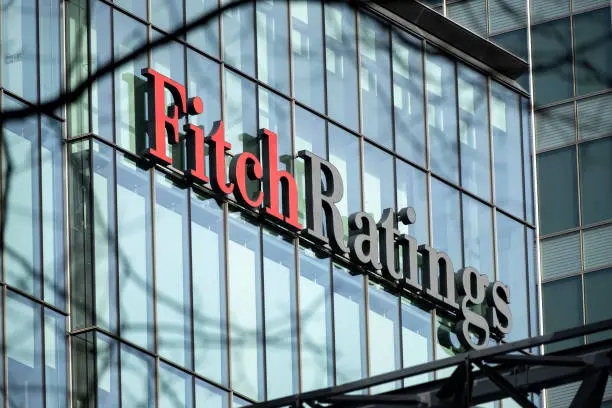PHOTO
Fitch Ratings has affirmed Bahrain’s long-term foreign-currency Issuer Default Rating (IDR) at ‘B+’, highlighting the nation’s robust support from GCC partners and ongoing efforts to strengthen its fiscal position.
While the outlook has been revised to ‘Negative’ from ‘Stable’, this adjustment reflects the challenges posed by rising debt levels and the need for continued fiscal consolidation. Crucially, the ‘B+’ rating itself is maintained, signalling confidence in Bahrain’s ability to navigate these challenges.
Bahrain’s ‘B+’ rating is underpinned by several key strengths. Exceptional support from GCC partners, notably Saudi Arabia and the UAE, provides a crucial buffer against economic headwinds and reinforces market confidence.
Despite fiscal challenges, Bahrain has demonstrated a commitment to fiscal responsibility, with projected improvements to the non-oil primary deficit reflecting ongoing efforts to diversify revenue and control spending.
Strategic revenue diversification is also a focus, with the newly introduced tax on multinational companies (DMTT) expected to contribute significantly, and further measures under consideration.
Fitch projects that non-oil revenue as a percentage of non-oil GDP will rise to 8.8 per cent in 2025 and 9pc in 2026. This is up from an average of 8pc between 2022 and 2024, and 4pc in 2018.
The agency notes that the improvement is expected to be driven primarily by the tax on multinational companies (DMTT) introduced in January 2025. DMTT collection is slated to begin in the third quarter of 2025 and could generate approximately 0.6pc of GDP in revenue annually.
Fitch’s current forecast does not anticipate the introduction of a corporate income tax or an increase in VAT during this budget cycle.
Stable hydrocarbon revenue is projected, supported by increased output at the Bapco energies refinery and lower subsidy spending. Effective spending controls are maintained, including the wage bill, demonstrating a commitment to fiscal discipline. Finally, Bahrain has demonstrated healthy access to international markets, reflecting market confidence in GCC support and the nation’s overall economic outlook.
Addressing the challenges, the ‘Negative’ outlook acknowledges concerns surrounding rising debt and the need for further fiscal consolidation.
Fitch’s report highlights key areas requiring attention, including debt management, where Bahrain is actively working to mitigate rising levels, with the expectation of continued GCC partner support, potentially including concessional funding.
Fiscal consolidation is another priority, as demonstrated by ongoing budget negotiations and the government’s exploration of reforms, such as targeted subsidy adjustments, to achieve sustainable fiscal health.
Finally, while foreign reserves are currently low, Bahrain’s access to GCC funding and international markets provides crucial support for maintaining the currency peg.
Copyright 2022 Al Hilal Publishing and Marketing Group Provided by SyndiGate Media Inc. (Syndigate.info).





















